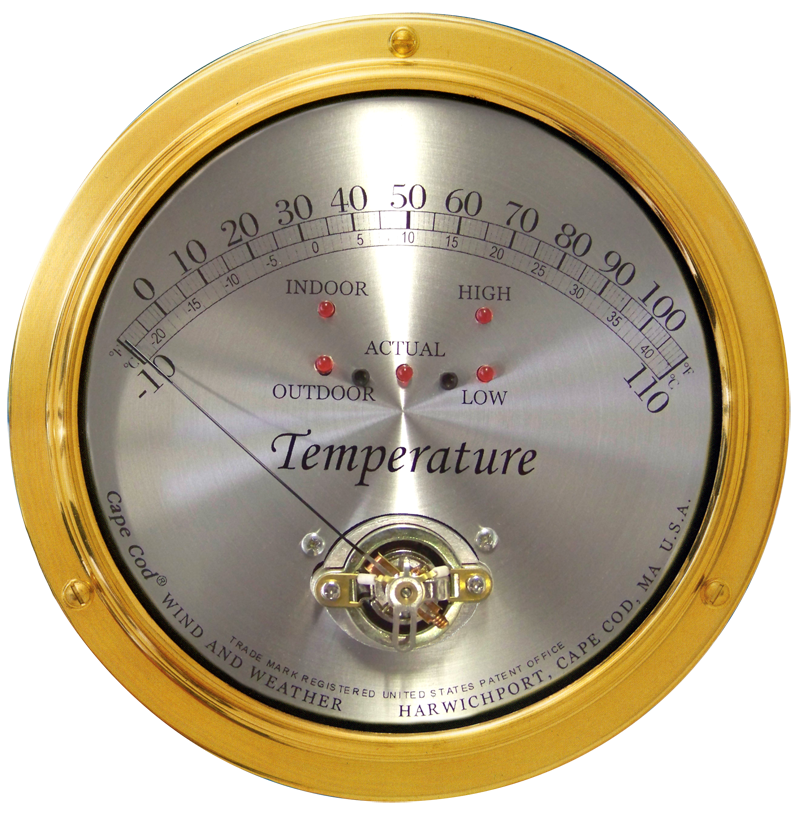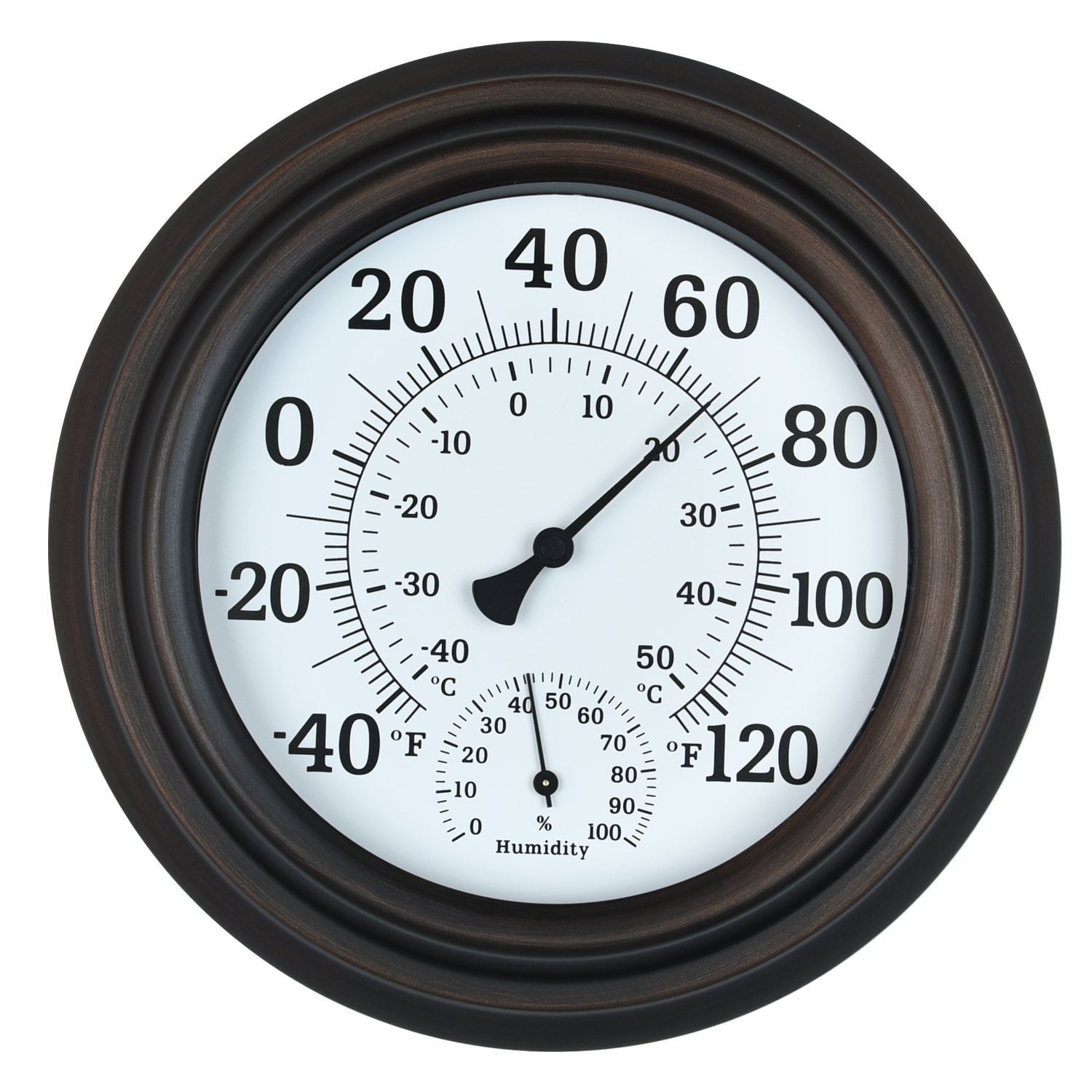
You may be better prepared to cope with the summer heat if the temperature of your indoor environment does not differ radically from the temperature outdoors. Setting the air conditioning temperature 10 degrees below the outdoor temperature is suggested.

As a result someone with a high metabolic rate may feel warm in a room of 72 degrees where a person with a low rate may feel cool. A relatively high metabolic rate produces more heat than a relatively low metabolic rate. Metabolic rateĪ person's metabolic rate–the speed at which the body's cells turn food into energy–affects the person's ability to cope with heat and cold. For example, some asthma and hay fever medications can reduce your tolerance to heat or cold. Some medications may interfere with the body's ability to tolerate temperature extremes because they affect parts of the brain responsible for temperature regulation. As a person ages, the body's response to temperature change–shivering in low temperatures and sweating in high temperatures–is delayed and reduced. AgeĮlderly persons usually don't tolerate temperature extremes as well as do younger people. The Inuit, who live in cold regions, tend to have more body fat than people who live in warmer climates.
#OUTSIDE TEMPERATURE SKIN#
Greater surface area provides more exposed skin to perspire and cool the body through evaporation.īut this same fat can be beneficial to a person who lives in cold climates because the fat insulates skin tissue.

The more obese a person is, the less skin surface area the person has in relation to his or her weight. The easy-to-read dial face is hand-painted and UV and fade resistant. Precision made coils measure temperature between -60F to 120F, ideal for indoor or outdoor use. The life preserver design is a fun addition by the pool, garden, patio, or even in the home. Lean people tolerate heat better than obese people. Accurate time and temperature readings with this Poly Resin Thermometer and Clock. Your physical condition, age, and other factors also affect how your body copes with heat and cold. Factors affecting climate acclimatization People who spend a great deal of time outdoors become "outdoor acclimatized." These persons are affected less by heat or cold extremes because their bodies have adjusted to the outdoor environments.Īcclimatization usually occurs over a period of about two weeks in healthy, normal persons. This process is faster in response to heat, but slower in the cold. It plays an important role in how well you tolerate heat and cold.

If you spend most of your time this summer in the air-conditioned confines of your home, car, and workplace, when you go outdoors you may feel as if you have stepped into a blast furnace.Īcclimatization is the process by which you become physically adjusted to the temperature of your environment.


 0 kommentar(er)
0 kommentar(er)
